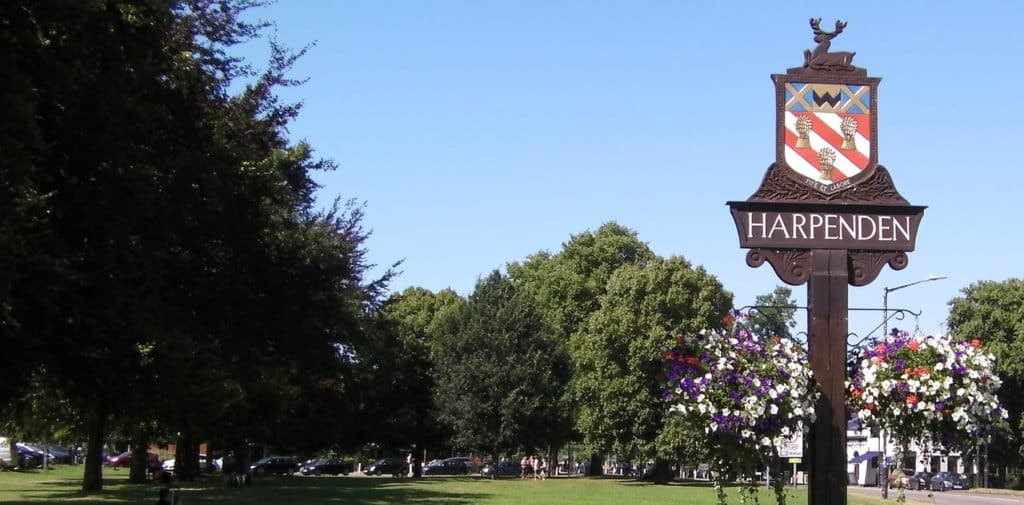There are many low and no cost actions you can take to save energy and money during the winter and early spring months. We’ve put together some cold weather energy saving tips to help you reduce the amount of energy you use at home, which can save money on your bills and help reduce carbon emissions this winter.
Tackle those draughty spots
Unless your home is very new, you will probably lose some heat through draughts around doors and windows, gaps in the floor, or up the chimney if you have one. It takes time and money to heat up your home, so it’s important that you do as much as you can to keep in the warmth. To stop cold air getting in and heat escaping, you might consider:
• adding draught-proofing strips around doors and windows
• using sealant to close gaps between suspended floorboards and skirting boards
• adding a chimney draught excluder to unused chimneys
• Cavity wall/floor insulation - avoid losing heat through your walls or gaps in the floorboards
• Loft insulation - so much of the heat in your home could be lost through the roof... You can stop that happening by insulating your loft, attic or flat roof
Check your boiler…
If you haven’t already…make sure your boiler is in good working order. Having your boiler professionally serviced will hopefully avert any problems, so you won’t end up paying for expensive emergency call-outs or faults! Modern boilers are more energy efficient than older versions. If you have a boiler that is more than 10 years old, you could consider replacing it with a more efficient condensing boiler.
Bleed those radiators!
Bleeding radiators makes your home warmer and can help reduce the cost of your energy bills. It does this by removing air pockets which reduce the pressure in your radiator, so you don’t need to turn the heating up as much.
Turn off standby You can quickly and easily reduce the amount of energy you use by remembering to turn some of your appliances off standby mode. Almost all electrical and electronic appliances can be turned off at the plug without interfering with their settings. Remember, you may need to leave any ‘smart’ technologies you own switched on, such as smart speakers and heating controls
Prevent frozen or burst pipes
A frozen or burst pipe can be very costly to repair. Make sure you inspect and insulate your pipes and taps and look out for any leaks that could get worse. Also, familiarise yourself with your stopcock’s location, so you can switch off the water supply if you need to. It’s also a good idea to leave the heating on at a low setting if you’re away for the night, to keep warm water circulating through the system.
Let there be light… or not
Switching to energy efficient lights such as LED spotlights could help you save energy this winter. LEDs come in a variety of shapes, sizes and fittings. And for an extra tip – remember to turn off your lights when you’re not using them! This will help reduce the amount of energy you use every day and save on your energy bill.
Reduce your water use
Our top tips to help you save water – and therefore energy – include:
• take short showers instead of baths
• swap your shower head for a more efficient model
• use cold water instead of hot when you can
• make sure washing machines and dishwasher are full before using them
• turn off the taps when brushing your teeth
• use a washing up bowl to clean the dishes

